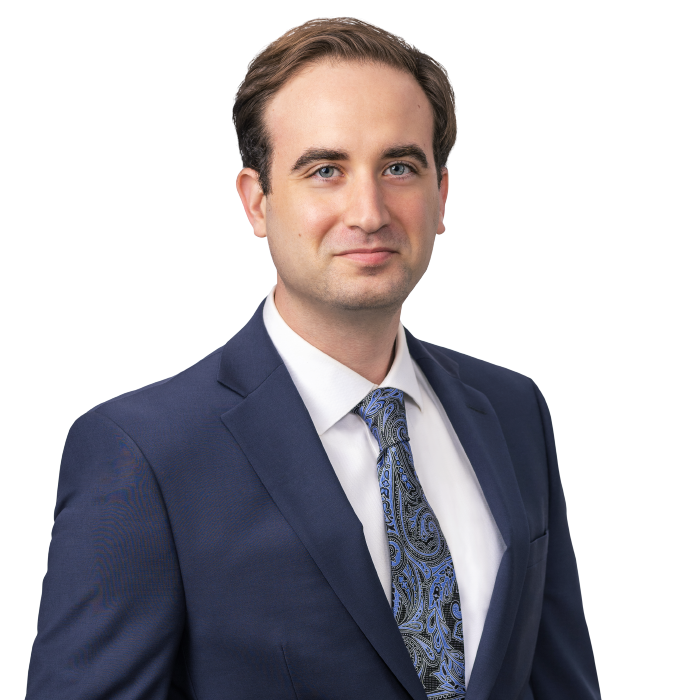
First Amendment Regulation of Social Media Use By Public Officials: Official or Personal Account?
Public officials often ask whether the First Amendment restricts their activities on social media, particularly when they seek to delete comments or block individuals from accessing their accounts. Generally, in order for an action to violate the First Amendment, it must be “state action”—meaning it is taken by the government or someone authorized to act for the government. In Garnier v. O’Connor-Ratcliff, decided on May 14, 2025, the Ninth Circuit clarified when public officials’ social media use constitutes “state action.”
The Garnier case applied a U.S. Supreme decision issued last spring, Lindke v. Freed. The Lindke decision ruled that, in the context of social media, there is “state action” that triggers the First Amendment if an official: (1) was granted authority, by law or in practice, to speak for the government, and (2) purports to exercise that authority when speaking on social media.
I. Garnier v. O’Connor-Ratcliff: A Case Study
The Garnier case involved a Poway Unified School District trustee who blocked parents from the trustee’s Facebook and Twitter pages.1 The Ninth Circuit examined the nature of those accounts and concluded that the accounts triggered the First Amendment because they were official government accounts.
First, the Ninth Circuit found that the trustee, as president of the board of trustees of the district, had actual authority to speak on the school district’s behalf. This authority was explicitly granted by California law and the district’s bylaws, which encouraged electronic communication of district business and delegated communication authority to the board president.
Second, the Ninth Circuit determined that the trustee was purporting to exercise official authority on the trustee’s Facebook and Twitter pages. In particular, the appearance and function of the trustee’s social media pages indicated they were for official use. The trustee used the pages to inform constituents about district activities, board actions, and meeting times and even made announcements about district personnel before official public releases. The accounts were public pages that identified the trustee as the board president and included the trustee’s official district email. These pages included no disclaimers that the views expressed were intended to be personal. Taken together, the pages exercised the trustee’s official authority to speak on the district’s behalf.
As a result, the trustee’s use of the Facebook and Twitter pages constituted “state action,” and the First Amendment limited when the trustee was able to delete comments or block persons from accessing those accounts.
II. Key Takeaways for Public Officials
This decision underscores that a public official’s use of social media can quickly cross the line from personal expression to government action, subjecting that public official’s actions on social media to First Amendment scrutiny. To avoid unintentionally creating official accounts, public officials should:
- Determine which officials are authorized by specific local policies or State laws to speak on behalf of the locality.
- Consider creating separate official and personal accounts, and clearly distinguish them.
- If an account is intended to be a personal account, officials should include a disclaimer, of the sort discussed in Lindke (“This is the personal page of ________, the views expressed are strictly my own.”)
- The nature of the content shared and how the account is used (e.g., does it make official announcements, or solicit public feedback on government matters?) are crucial in determining whether state action is present. When using a personal account, it is better that the official avoid discussing issues within the jurisdiction of their agency to avoid making the nature of that personal account ambiguous.
This evolving area of law requires careful consideration. BBK encourages clients to review their social media policies and practices to ensure compliance. Please consult with your agency’s legal counsel for specific guidance on your situation. For more information, please contact HongDao Nguyen, Scott Shapses or your BBK attorney.
1. The case initially reached the Ninth Circuit in 2022, was then taken up by the Supreme Court alongside Lindke, and remanded back to the Ninth Circuit for reconsideration under the new Lindke test.
Disclaimer: BBK Legal Alerts are not intended as legal advice. Additional facts, facts specific to your situation, or future developments may affect subjects contained herein. Seek the advice of an attorney before acting or relying upon any information herein.




